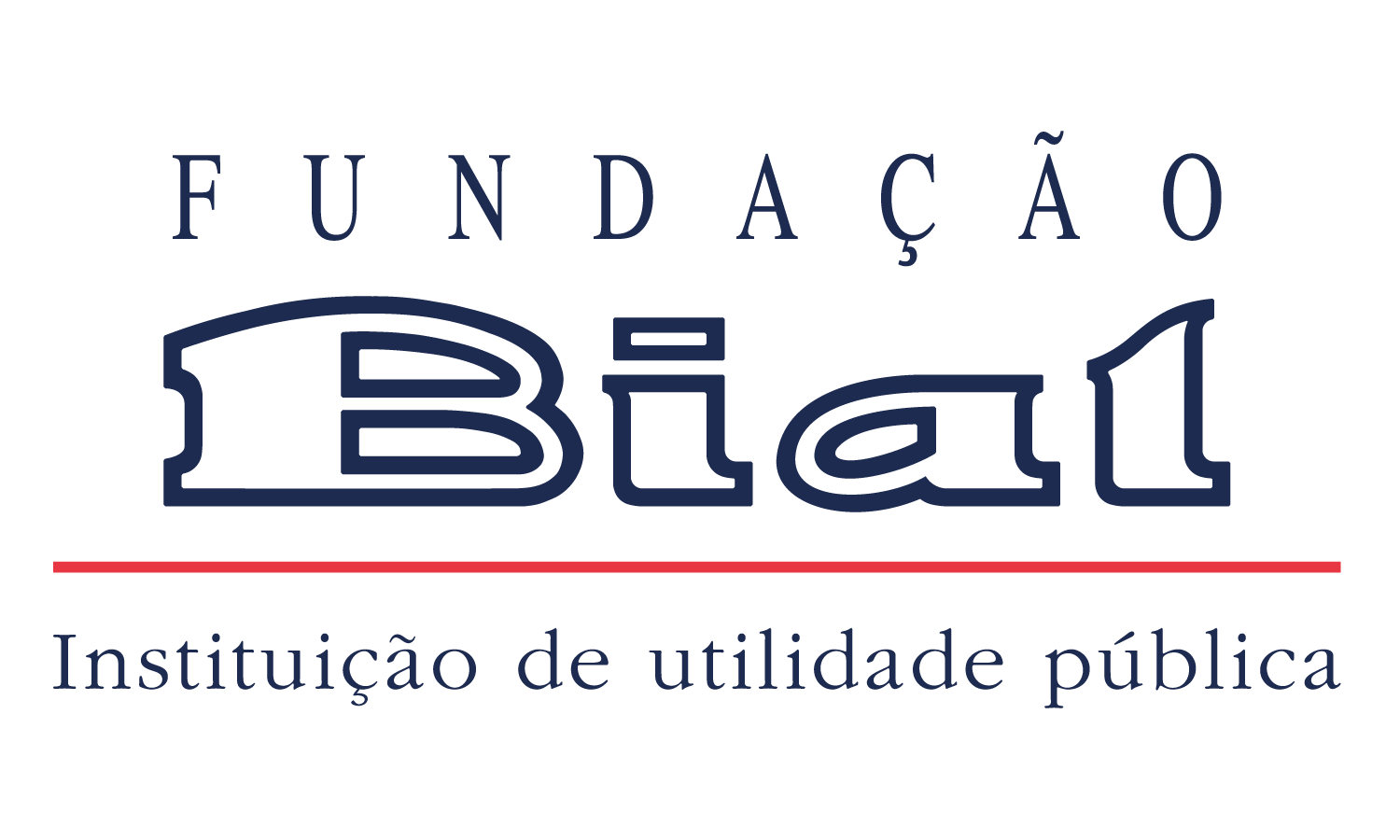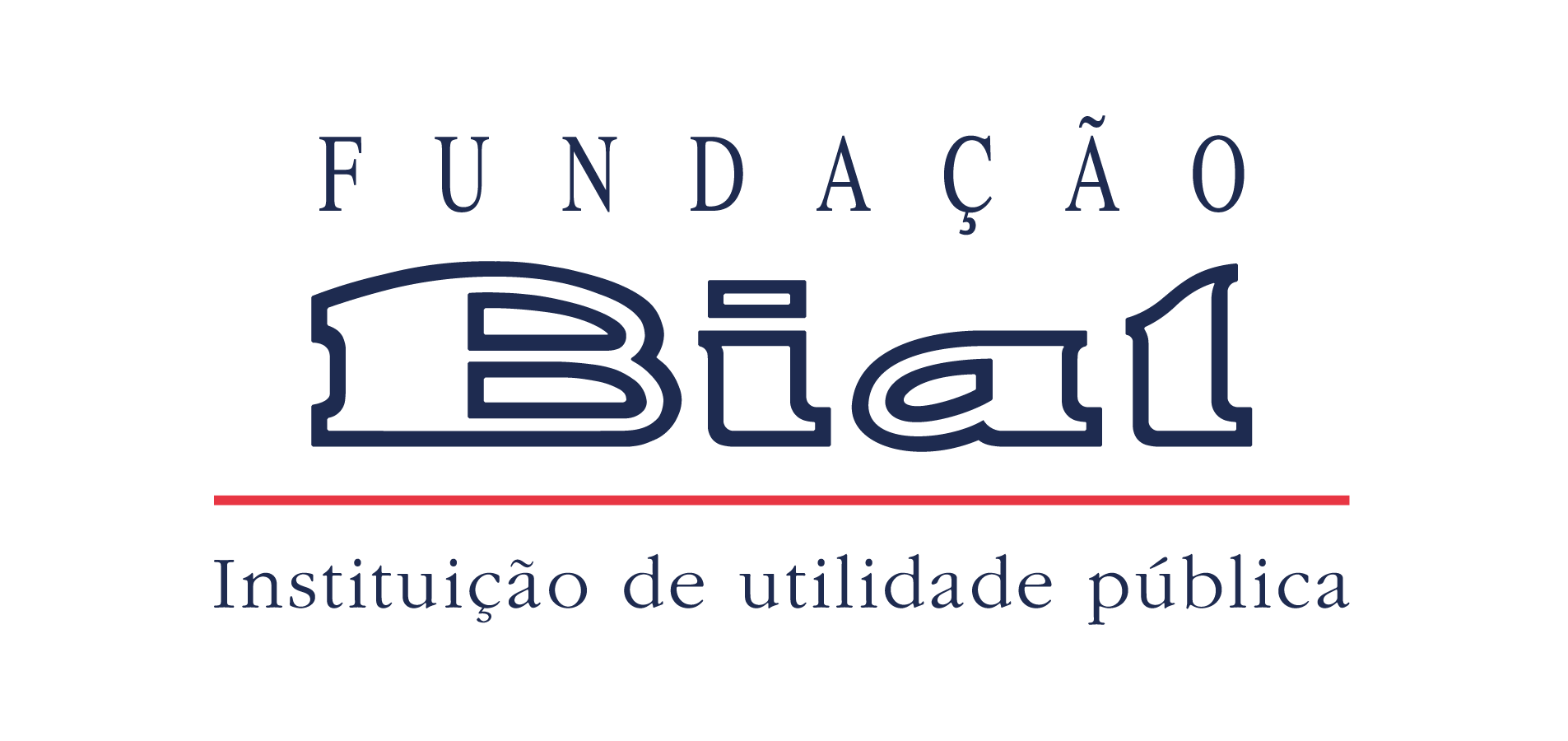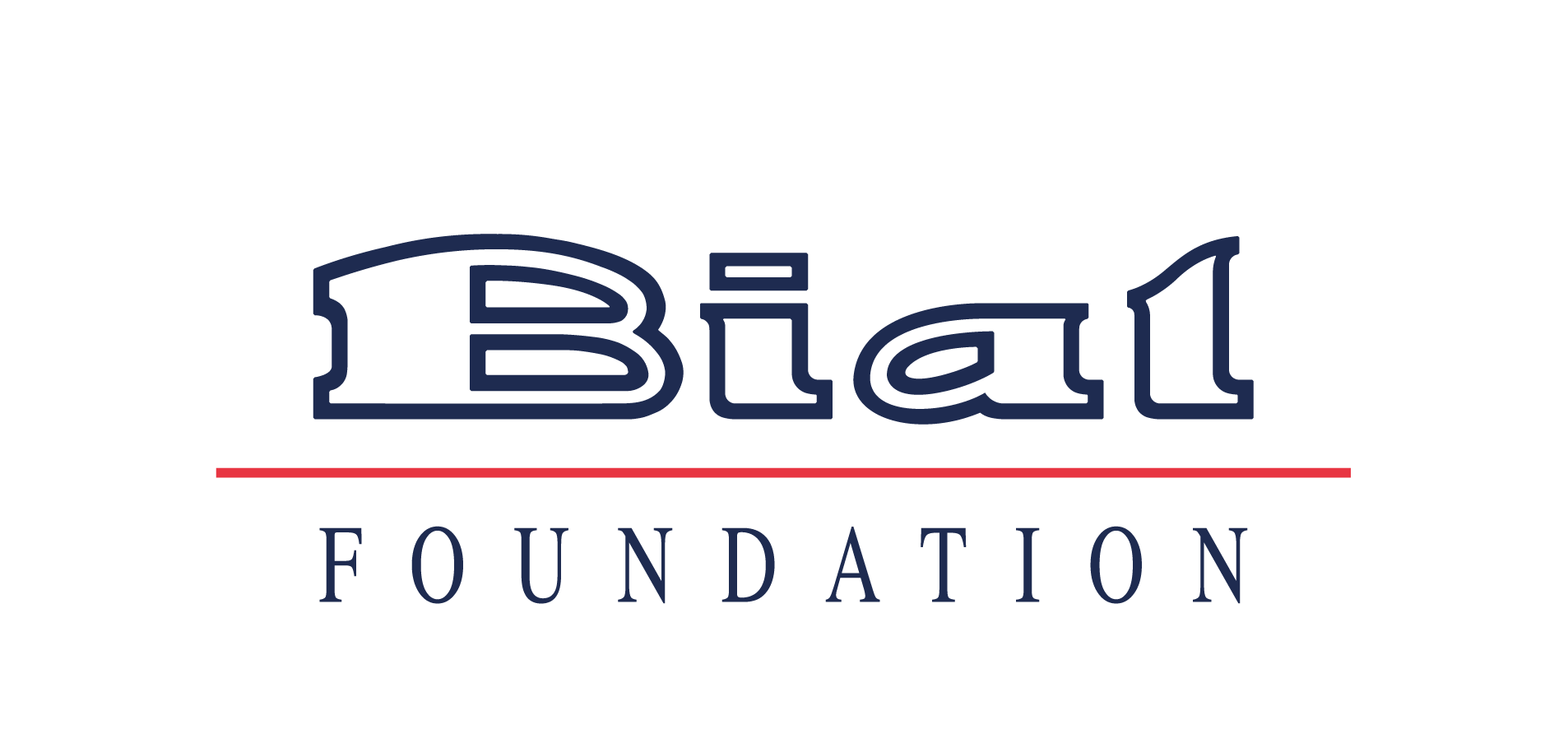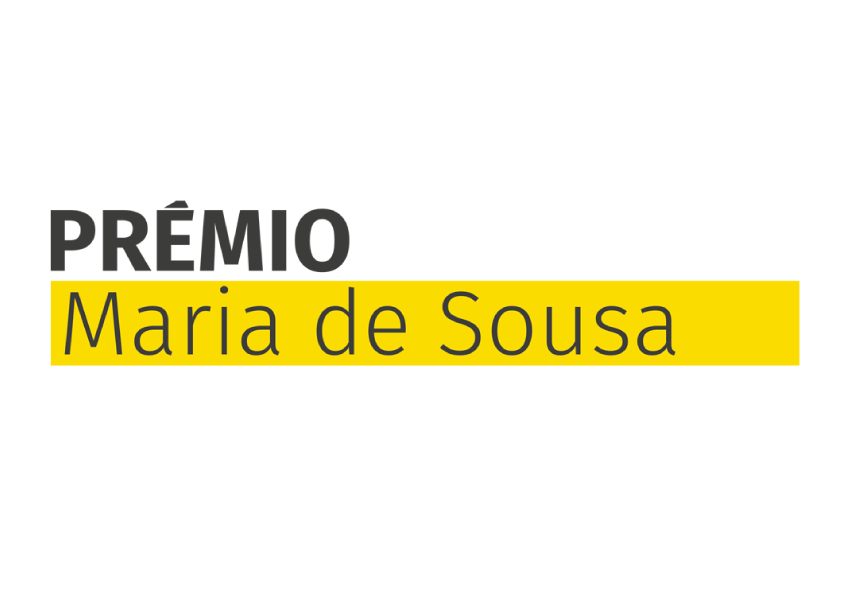Notícias
- Science Stories
- Destaques
- Looking for collaboration
- Links úteis
- Logos
Science Stories
É a concretização da nossa missão. Desde a sua criação a Fundação BIAL já aprovou para financiamento 946 projetos, envolvendo cerca de 1900 investigadores de 31 países. São três décadas de apoios a Projetos de Investigação Científica orientados para o estudo neurofisiológico e mental do ser humano, nas áreas da Psicofisiologia e da Parapsicologia.Conheça as histórias por detrás da ciência.
Science Stories

Empatia em casais
Compreender o funcionamento adaptado dos casais é algo crucial dadas as consequências nefastas da violência conjugal.

Vai escolher o de sempre ou arriscar?
Escolhemos sempre o mesmo caminho de regresso a casa, mas um dia decidimos arriscar um percurso alternativo. O que nos leva a tomar esta decisão?

Sonhar enquanto se dorme e “sonhar acordado”: diferenças e semelhanças
Sabia que os sonhos “diurnos” refletem acontecimentos dos dois dias anteriores, enquanto os sonhos “noturnos” se assemelham a um enredo de ficção?

O seu cão tem competências sociais?
Estudo revela que a visualização do rosto do dono funciona como reforço social positivo para os cães. Conheça resultados intrigantes sobre o “melhor amigo do homem”.
News
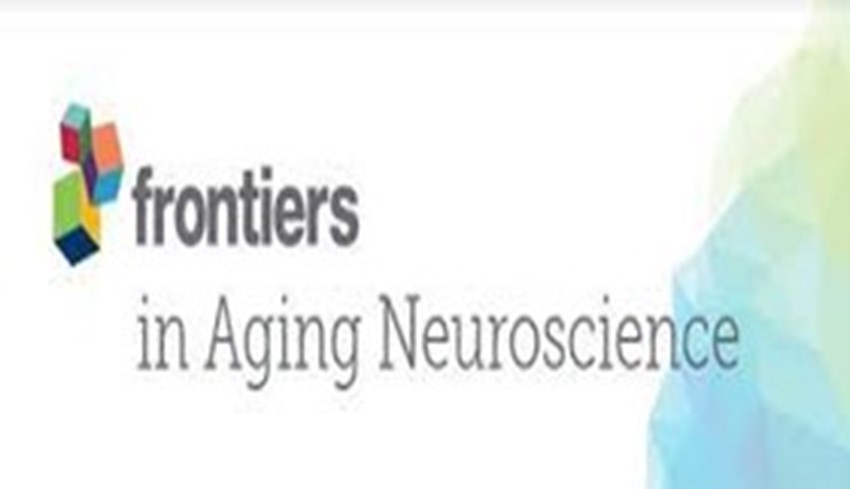
Poderá a cognição ser potenciada na idade adulta?
Ana Teixeira-Santos, apoiada pela Fundação BIAL no âmbito do projeto 286/16 – Getting the aging brain to train: A working memory and neurostimulation approach, concluiu que o treino da memória de trabalho, em conjunto com estimulação transcraniana por corrente contínua, promove ganhos na memória a curto prazo e no raciocínio da adultos mais velhos.
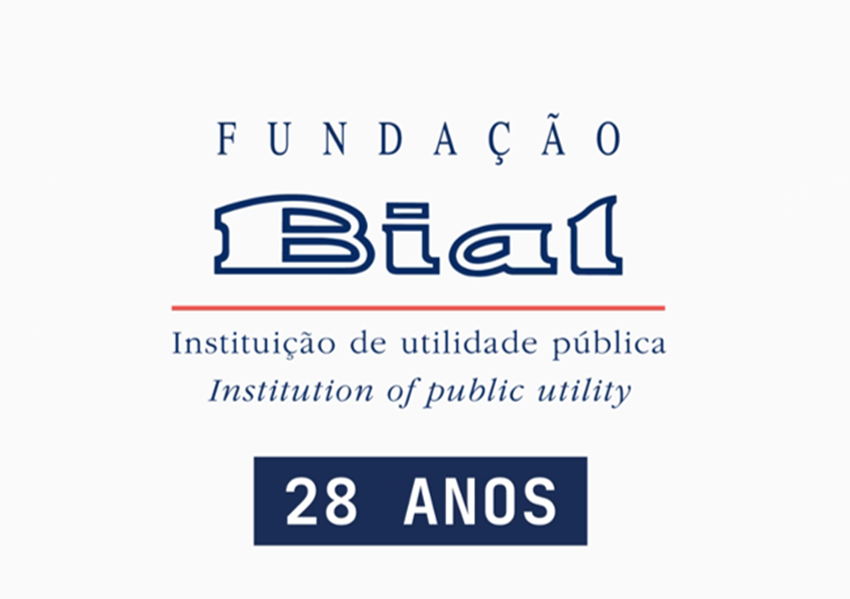
Fundação BIAL celebra 28º aniversário
A Fundação BIAL celebra hoje 28 anos na sua missão de incentivar o estudo científico do ser humano, tanto do ponto de vista físico como espiritual.
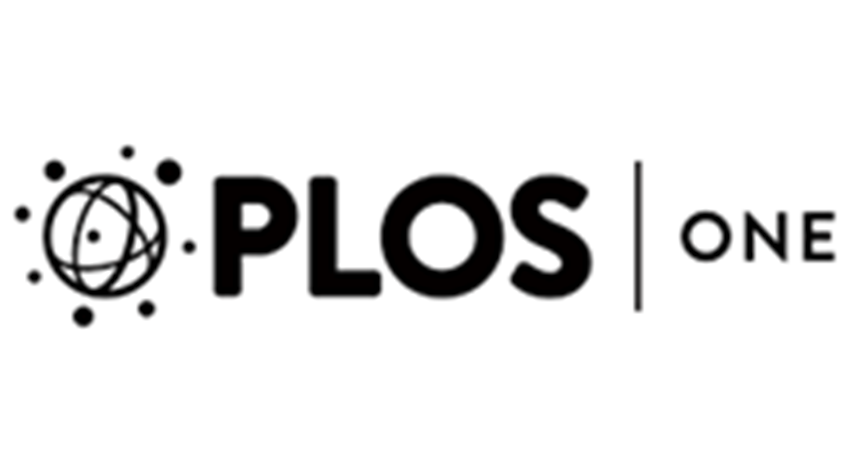
Como é que o cérebro responde à dissonância acústica na música?
Juan Toro, apoiado pela Fundação BIAL no âmbito do projeto 13/18 - Biological bases of music cognition, concluiu que o nosso cérebro apresenta respostas neuronais distintas, afetadas pelas expectativas esquemáticas e verídicas, quando processa violações acústicas puras.

Prémio Maria de Sousa aceita candidaturas até 31 de maio
A Ordem dos Médicos e a Fundação BIAL estão a divulgar a segunda edição do Prémio Maria de Sousa, lançado em 2020 em homenagem à imunologista e grande investigadora portuguesa Maria de Sousa, vítima da Covid-19.
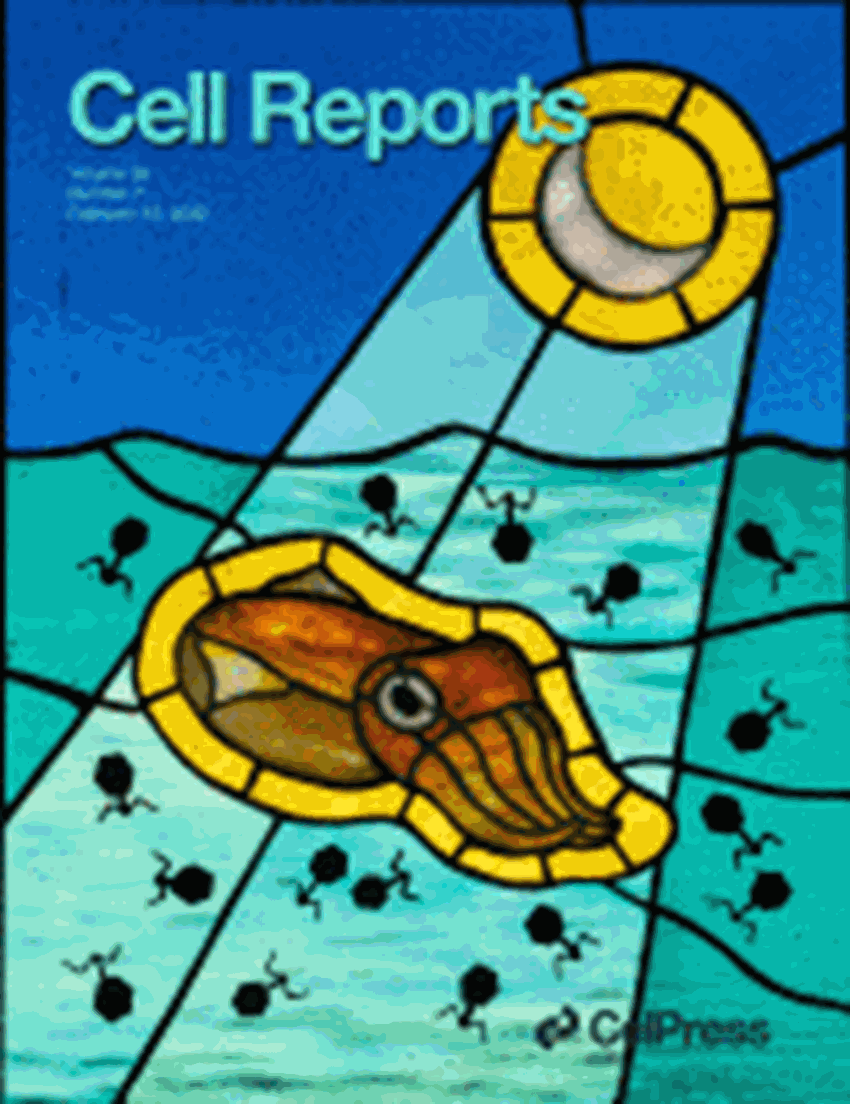
Será o comportamento motivado influenciado pelo reforço/recompensa?
Carina Soares-Cunha, apoiada pela Fundação BIAL no âmbito do projeto 175/20 – The role of nucleus accumbens in the perception of natural rewards, concluiu que, em roedores, a modulação optognética das projeções de D2-MSN-VP tem diferentes impacto nas fases distintas do comportamento motivado.
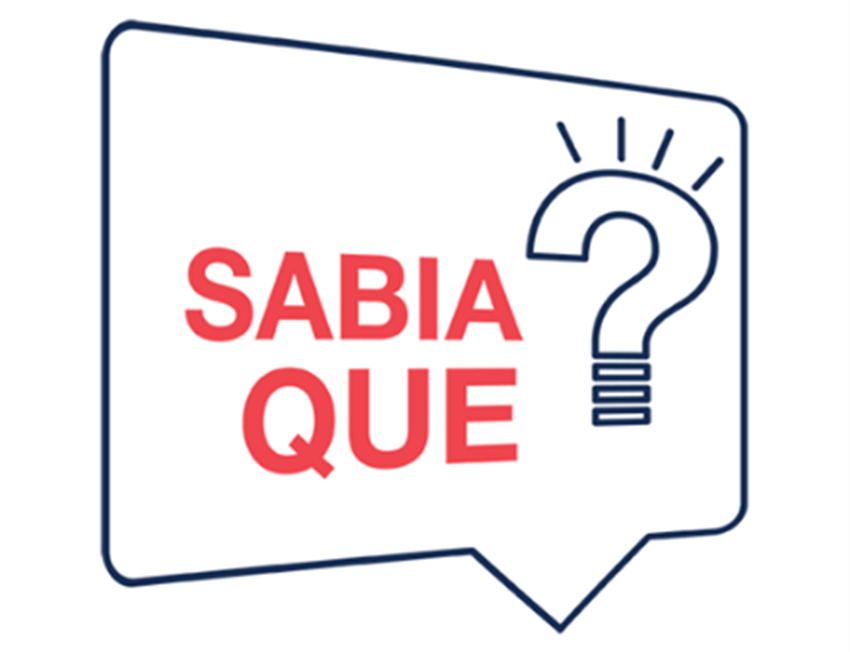
A Fundação BIAL já apoiou um total de 775 projetos nas áreas de Psicofisiologia e de Parapsicologia
Sabia que a Fundação BIAL já apoiou 775 projectos nas áreas de Psicofisiologia e de Parapsicologia, no âmbito dos Apoios à Investigação Científica, desde 1994?
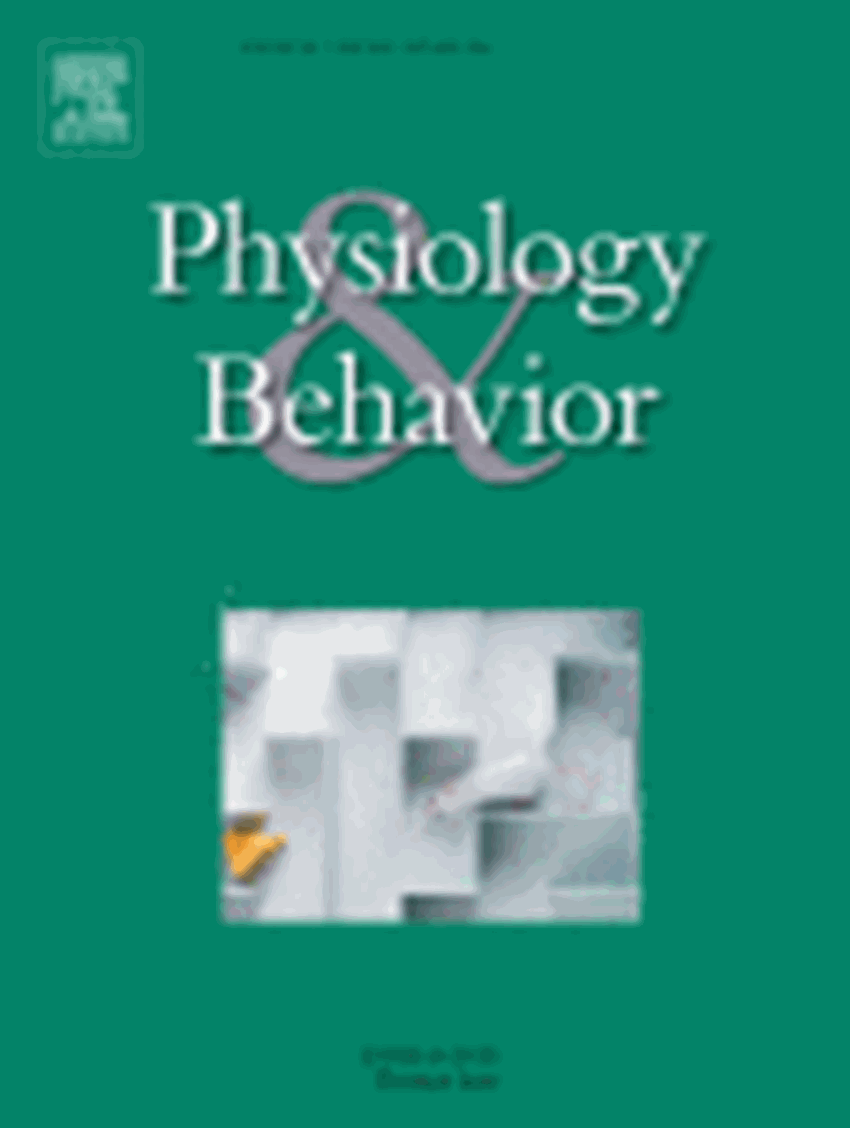
O que nos dizem os estudos EEG sobre modulação afetiva?
No âmbito do projeto 347/18 – Driving synaptic plasticity in motor-to-visual neural pathways to enhance action prediction, Alessio Avenanti e colaboradores publicaram na revista Physiology & Behavior o artigo “Affective modulation of cognitive control: A systematic review of EEG studies” com os seguintes destaques:

Serão os animais capazes de detetar mudanças musicais?
Juan Toro, apoiado pela Fundação BIAL no âmbito do projeto 13/18 - Biological bases of music cognition, concluiu, em roedores, que estes eram capazes de detetar alterações no pitch, tempo, e timbre.

Serão os sonhos lúcidos uma mistura entre o estar acordado e o dormir?
Benjamin Baird, apoiado pela Fundação BIAL no âmbito do projeto 334/18 - Inducing lucid dreams with optimized sensory cues, concluiu que os sonhos lúcidos são mais do que uma mistura entre o estar a dormir e o estar acordado, com um padrão EEG característico.
Looking for collaboration

The quest of physiological markers for the experience of pain
Researcher: Elia Valentini - Department of Psychology & Centre for Brain Science, University of Essex Summary: The aim of this project is to improve measurement of the human experience of pain by investigating a combination of psychophysical and physiological responses during mild noxious stimulation. More specifically, we want to investigate how sensitive and specific to pain the brain oscillatory responses are. We use EEG as the main technique, but we are keen to collaborate with neuroscientists using fMRI, autonomic measures and brain stimulation as well as with computational neuroscientists. A clinical collaborator would also be very much welcome.

EEG investigation of hypnosis and decision-making
Researcher: Rinaldo Livio Perri - University Niccolò Cusano Rome, Italy Summary: I work in the field of hypnosis and cognitive neuroscience. In particular, I adopt the event-related potentials (ERPs) to investigate the effect of the hypnotic suggestions on sensory processing and cognitive performance. I am an expert in decision-making and proactive brain processes before the stimulus administration (e.g., the perceptual, prefrontal and premotor readiness during the expectancy stage). I could help colleagues to properly analyze the ERP signal in the pre-stimulus stage of processing. Also, I would be happy to share my EEG data for re-analyzing them in the frequency domain (e.g., wavelet or coherence analysis in the hypnosis research). Feel free to contact me for any question! More information on my papers: https://scholar.google.it/citations?user=-8e_V64AAAAJ&hl=it Possible collaborations: neuroscientist with experience in the EEG frequency analysis Email: perri.rinaldo@gmail.com

Transparent Psi Project - looking for collaborators
Summary: We are running a fully transparent, expert consensus-base multilab replication of Bem’s (2011) experiment 1. The project features state of the art methods to maximize transparency and study integrity. The study involves a computerized experiment taking about 20 minutes per session. Group testing is possible in a computer lab, no specialized equipment needed. Labs are expected to recruit at least 100 participants. Participants will be exposed to images with explicit erotic/sexual content in the experiment. No financial compensation is required for the participants. Data collection is expected to take place in the 2020 fall semester. Every material is provided for ethics/IRB submissions and data collection in English (translation of materials might be necessary by the collaborators). The study is pre-registered and the manuscript is accepted in principle for publication in the journal Royal Society Open Science. All collaborators who meet the minimum sample size criterion will get authorship on this paper reporting the results of the replication study. More information in the preprint: https://psyarxiv.com/uwk7y/ Indicate interest in the collaboration via the following form: https://tinyurl.com/tpp-labs With any question contact the lead investigator: Dr. Zoltan Kekecs, kekecs.zoltan@gmail.com

Cognitive control and learning
Researcher: Ignacio Obeso, Ph.D. / CINAC - HM Puerta del Sur Summary: The aim of our projects is to understand the behavioral and neural mechanisms used to learn how humans establish adaptive behaviour in changing contexts. More specifically, we want to decipher how stopping abilities are initially learned and later executed under automatic control. We use task-related fMRI, brain stimulation and clinical models to test our predictions in laboratory settings as well as online home-based paradigms. Possible collaborations: computational scientist Email contact: i.obesomartin@gmail.com https://iobesomartin.wixsite.com/cognitivecontrol
Veja aqui links de Fundações, Organizações, Sociedades e outros que lhe podem interessar.
- BrainFacts.org
- Cognitive Neuroscience Society
- Dana Foundation
- European Brain Council
- European Society for Cognitive and Affective Neuroscience (ESCAN)
- Federation of European Neuroscience Societies (FENS)
- Human Brain Project
- IANDS International Association for Near-Death Studies
- Institut Métapsychique International (IMI)
- Instituto de Psicologia Paranormal
- International Behavioral Neuroscience Society (IBNS)
- International Brain Research Organization
- IONS Institute of Noetic Sciences
- Kavli Foundation
- Koestler Parapsychology Unit
- Open Sciences
- Organization for Human Brain Mapping (OHBM)
- Parapsychological Association
- Psi Encyclopedia
- Rhine Research Center
- Sociedade Portuguesa de Neurociências
- Sociedade Portuguesa de Neurologia
- Society for Neuroscience
- Society for Psychical Research
- Society for Scientific Exploration (SSE)
- World Federation of Neurology

